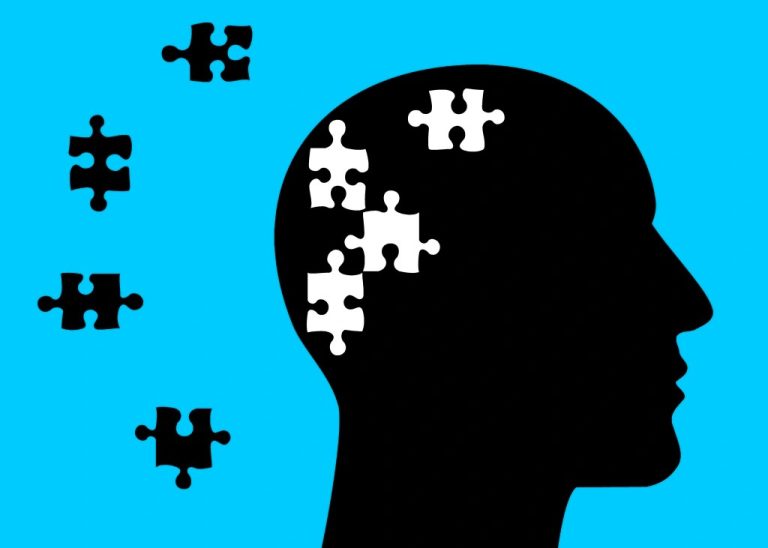Resilience acts as an anchor in the turbulent waters of life, guiding us through difficulties and storms. Seeking mental wellbeing is more important than ever as we negotiate the complexity of today’s society. Among the many strategies that are accessible, hypnotherapy stands out as a potent instrument for developing resilience, a mental health arsenal that goes beyond traditional techniques.
Recognizing Resilience
Resilience is a trait that enables people to handle life’s ups and downs with grace and fortitude. It is often characterized as the capacity to overcome hardship. It entails developing a mentality that makes it possible to overcome obstacles, keep going in the face of failure, and come out of hardships stronger than before. Developing resilience involves more than just enduring the storm; it also involves turning it into an opportunity for development. But how the Vancouver Hypnotherapy helps? Here are some important ideas for you.
The Method of Hypnotherapy:
Based on the ideas of reaching the subconscious, hypnotherapy provides a special means of developing resilience. It works on the premise that a large number of our attitudes, coping strategies, and emotional reactions are firmly embedded in the subconscious. Hypnotherapy makes it easier to recognize and change thinking patterns that might be impeding resilience by accessing this mental resource.
Mark’s Path to Adaptability (A small example)
Take Mark’s example, a professional who struggles with ongoing stress and anxiety. Mark had a significant reduction in daily stress via stress-reduction and relaxation hypnosis sessions, and he also learned the underlying reasons of his anxiety. He developed a new resilience by resolving these underlying concerns, which enabled him to approach work-related obstacles with a calm and flexible perspective.
Stress Reduction and Improved Emotional Regulation
Hypnotherapy’s capacity to lessen stress and improve emotional regulation is the fundamental mechanism by which it influences resilience. If chronic stress is not managed, it may weaken mental resilience and increase vulnerability to the negative consequences of adversity. Hypnotherapy gives people the skills necessary to achieve profound levels of relaxation, which encourages a cool-headed response to stressful circumstances. The foundation for developing resilience in the face of life’s uncertainty is this newly discovered emotional control.
Negative thinking Pattern Transformation
One of the transforming tools provided by hypnotherapy for mental wellbeing is the ability to confront and reframe negative thinking patterns. Many people have self-limiting ideas that make them less resilient and confident. By substituting powerful narratives and positive affirmations for these constricting ideas, hypnosis effectively identifies and challenges them. By changing the internal conversation, people may better prepare themselves to face obstacles with a resilient perspective.
Cultivating a Growth Mindset
Developing a growth mindset, or the conviction that setbacks provide chances for growth and learning, is directly linked to resilience. Through hypnosis, people may develop a growth mindset by learning to see obstacles as opportunities for personal development. Hypnotherapy creates the perception that problems are opportunities for resilience and progress rather than insurmountable barriers via positive suggestion and imagery.
Conclusion
Hypnotherapy’s ability to help patients develop resilience stands out as a comprehensive and powerful strategy in the pursuit of mental wellbeing. Hypnotherapy offers a full toolset for people who want to strengthen their mental resilience by managing stress, changing thinking patterns, developing a growth mindset, and increasing self-efficacy. The mental health toolset provided by hypnotherapy becomes an essential resource as the world changes and presents new challenges, a compass pointing people in the direction of a robust and fulfilling existence.


Comments are closed.